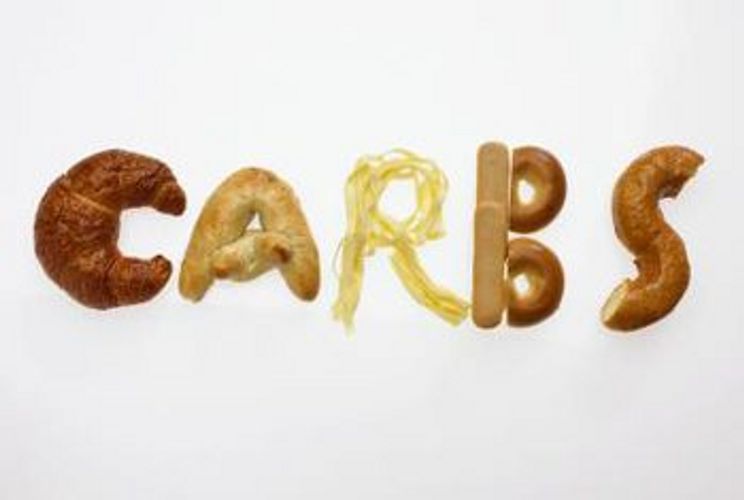In the 1990s, we were obsessed with how much fat was in our food. We held the mentality that fat was bad. Since then, we've learned that processed, manufactured, unnatural fats, such as margarine and partially hydrogenated vegetable oils are really bad for us because our bodies don't recognize these fats and don't know what to do with them, so they get stored in fat cells. We've also learned that good sources of natural fats, such as butter made from grass-fed cows and organic coconut oil is really good for us, lowering low density cholesterol and feeding our brains.
Sugars have been a topic of debate in recent years. The real problem our bodies have with sugar is that it causes inflammation. The cause of most inflammation is from refined, white sugar. Why? While it comes from sugar cane, which is a natural source, white sugar is highly processed. Stripped of the hard, fibrous stalk, the sucrose is cultivated from the juice of the sugarcane. This process makes an unnatural, highly concentrated dose of sugar, that our bodies have a hard time managing. White sugar has a very high glycemic index and is terrible for people who have diabetes. Natural sources of sugar, such as fruit sugar, have a naturally lower glycemic index because of the fiber that exists. The fiber slows the absorption of sugar in the body to a tolerable level.
All carbohydrates have naturally occurring sugars. When you read a food label, what are you actually looking at when it says 26g of carbohydrates? Does it not make a difference to know the source of the carbohydrate? Whether its from fruit, vegetables or grains? Is it a whole grain or processed grain? What is the actual nutritional value of the food? If its a processed juice, it's most likely source of carbohydrates is sugar. If its a fried potato, the carbohydrates will come from the potato, but it will also, most likely, be fried in some kind of processed oil. If its bread, it's processed. It doesn't matter if it's whole grain, made from ancient grains, the flour is processed. You can get minimally processed bread if you get a sprouted grain bread and this will be a better source of carbohydrates for you.
So, what is it that makes us fat? Is it purely the amount of carbohydrates or is it the source of the carbohydrate or perhaps we should pay attention to the quality of the carbohydrate and fat and the ratio between the two. A meal with high carbohydrates and high fats, while usually quite delicious, causes the metabolism to slow, which causes us to store the fat rather than burn it. A meal with high carbohydrates and low fat can cause the blood sugar to spike, which can wreak havoc in the body. Glucogenesis starts and causes glycogen to be stored in the muscles. Meanwhile, the pancreas is demanded to release a ton of insulin to bind to glucose to quickly transform it to glucagon, which also gets stored in fat cells. In contrast, a meal that is high in good, healthy fats and low in carbohydrates, will cause the body to call on stores of glucagon and glycogen as it's carbohydrate source. This is the main idea behind the ketogenic diet. I recommend this diet for people that are wanting to lose the last 10-15 lbs, particularly if they are still eating processed carbohydrates.
If you are still reading food labels, and that is your only information source for whether you should eat that food or not, that is a very narrow way to look at food. I encourage you to widen your view of food and start asking questions about where the food comes from and the studies that have been done in recent years. There is a lot of new information coming out that validates studies that were done in the 1940s. Commercialism of fast food, processed foods and convenience foods has been very detrimental to the way we think about food and what we think is healthy.













